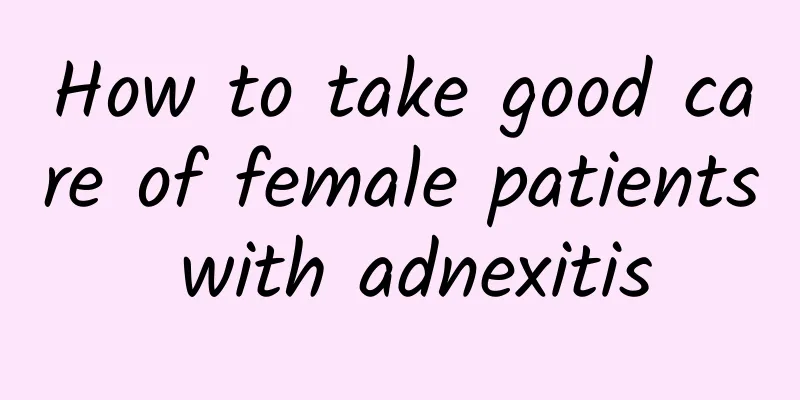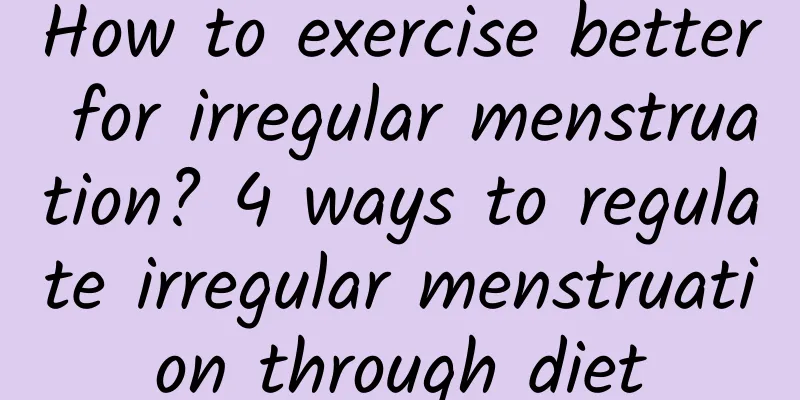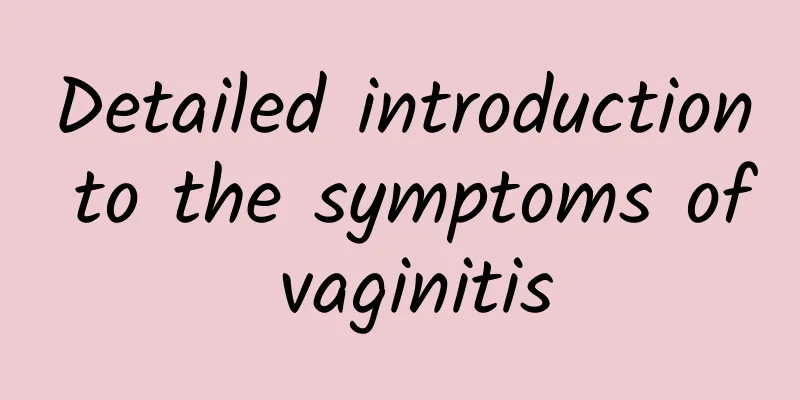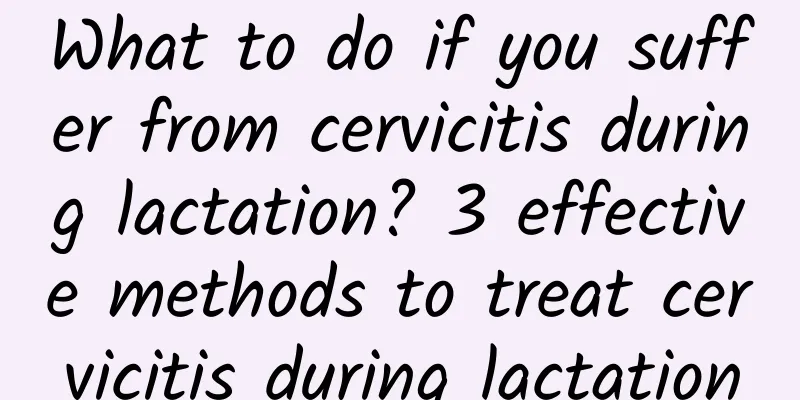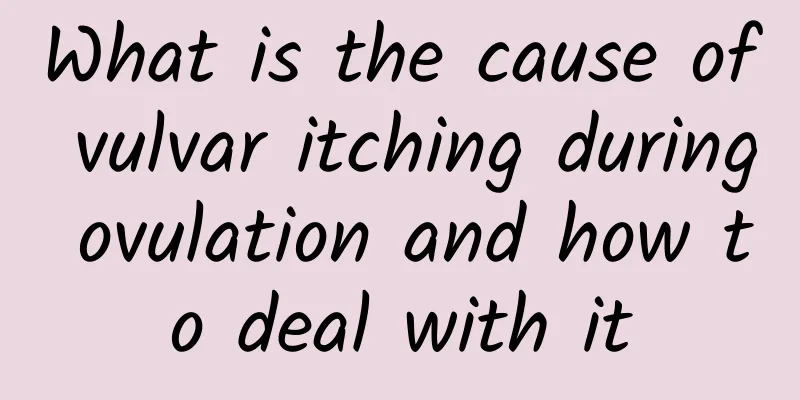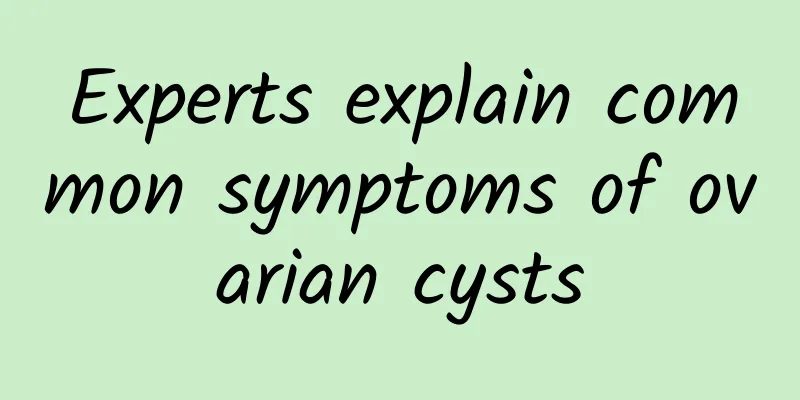Symptoms of left ovarian cyst
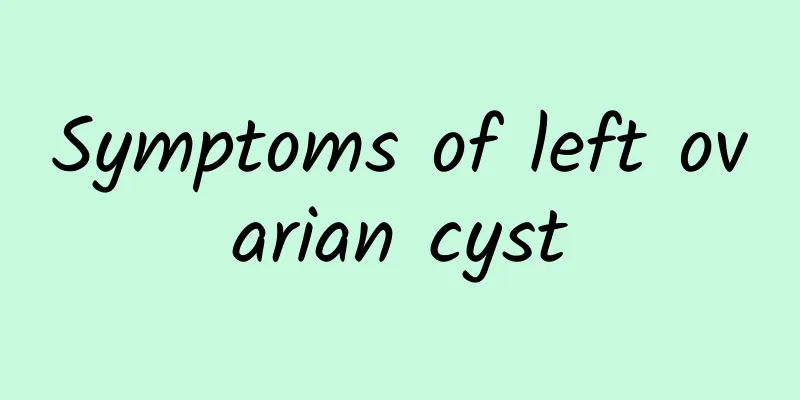
|
Symptoms of a left ovarian cyst need to be closely monitored, as they may indicate a health problem and require prompt medical attention. Common symptoms include dull pain or tenderness in the lower abdomen, irregular menstruation, abnormal menstrual bleeding, difficulty or frequent urination, and weight gain or difficulty losing weight. Especially when the cyst is large or ruptured, there may be sudden and severe abdominal pain and digestive reactions such as nausea and vomiting. If you experience these symptoms, please see a doctor immediately for professional diagnosis and treatment. When understanding left ovarian cysts, we must first pay attention to physiological factors. During ovulation, functional cysts may form after the follicles are underdeveloped or ruptured. They are usually benign and asymptomatic, but in some cases may cause mild to moderate abdominal pain. External environmental factors such as unbalanced diet, excessive stress, lack of exercise, etc. may aggravate symptoms. Pathological factors such as polycystic ovary syndrome or hormone imbalance can also increase the incidence of ovarian cysts, and endocrine examinations are required to sort out hormone status. Trauma or surgical history may trigger cyst problems. If you already have swelling or discomfort in the lower abdomen, please go to the hospital as soon as possible for professional evaluation such as ultrasound examination to clarify the cause and condition. When understanding left ovarian cysts, we must first pay attention to physiological factors. During ovulation, functional cysts may form after the follicles are underdeveloped or ruptured. They are usually benign and asymptomatic, but in some cases may cause mild to moderate abdominal pain. External environmental factors such as unbalanced diet, excessive stress, lack of exercise, etc. may aggravate symptoms. Pathological factors such as polycystic ovary syndrome or hormone imbalance can also increase the incidence of ovarian cysts, and endocrine examinations are required to sort out hormone status. Trauma or surgical history may trigger cyst problems. If you already have swelling or discomfort in the lower abdomen, please go to the hospital as soon as possible for professional evaluation such as ultrasound examination to clarify the cause and condition. It is recommended that you maintain a healthy lifestyle to reduce the risk of cysts. Maintaining a normal weight, a regular diet and adequate exercise can regulate the body's hormone levels and reduce the risk of cyst formation. Protect ovarian function by consuming foods rich in fiber and antioxidants, such as green leafy vegetables and fruits, and high-protein, low-fat foods such as fish. In daily life, timely eliminate stress factors and release stress through appropriate methods such as yoga, meditation or psychological counseling, which can effectively regulate the psychological state and promote physical health. If symptoms persist or worsen, medical treatment such as the use of oral contraceptives to regulate hormone levels or surgical removal of cysts are necessary options and should be performed in accordance with the advice of a professional physician. |
<<: Is painless abortion harmful to the body?
>>: Early symptoms and treatment of cervicitis
Recommend
What are the early symptoms of pelvic inflammatory disease?
The symptoms of pelvic inflammatory disease are o...
Ways to prevent vaginitis
Vaginitis is a common disease among female friend...
What are the causes of hydatidiform mole?
The causes of hydatidiform mole mainly include ge...
Avoid eating too much and getting fatter! Do you know the three major fattening landmines of breakfast?
A day's plan begins in the morning. Breakfast...
What are the diagnostic criteria for cervical erosion?
Cervical erosion is a common pathological change ...
Experts explain the causes of ectopic pregnancy
Because patients with early ectopic pregnancy wil...
Preventing recurrent miscarriage in women with habitual miscarriage
It is very important for women with habitual misc...
People with a history of ectopic pregnancy are more likely to have another ectopic pregnancy
People with a history of ectopic pregnancy are mo...
Why is whey protein so popular as the fitness trend emerges? The reason is…
In recent years, health awareness has risen, fitn...
Clinical features of bacterial vaginosis
Perhaps many women think that bacterial vaginosis...
Two common early symptoms of cervicitis
Early cervicitis is a relatively mild condition. ...
Losing weight simply by reducing your diet? Fear of becoming a flabby pug
If a very fat person loses weight by restricting ...
Home care for patients with secondary amenorrhea
Secondary amenorrhea refers to a condition in whi...
What does uterine blood mean?
Uterine bleeding, in simple terms, refers to uter...
Clinical nursing of hyperprolactinemia
Hyperprolactinemia, also known as hyperprolactine...
